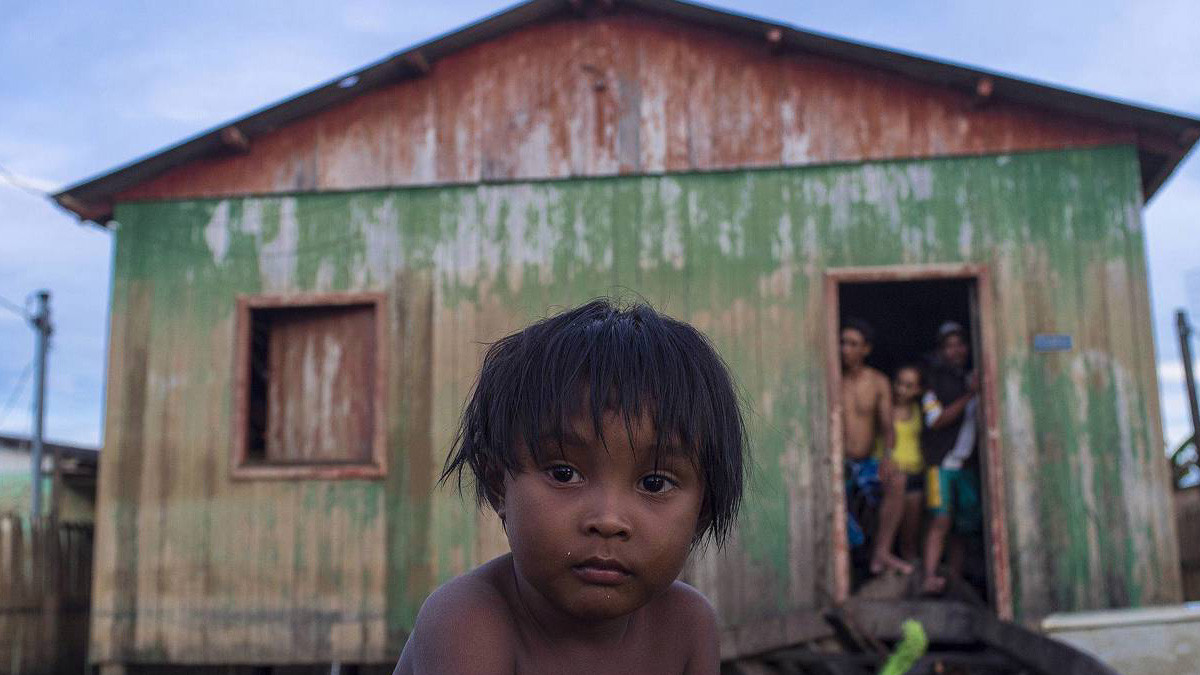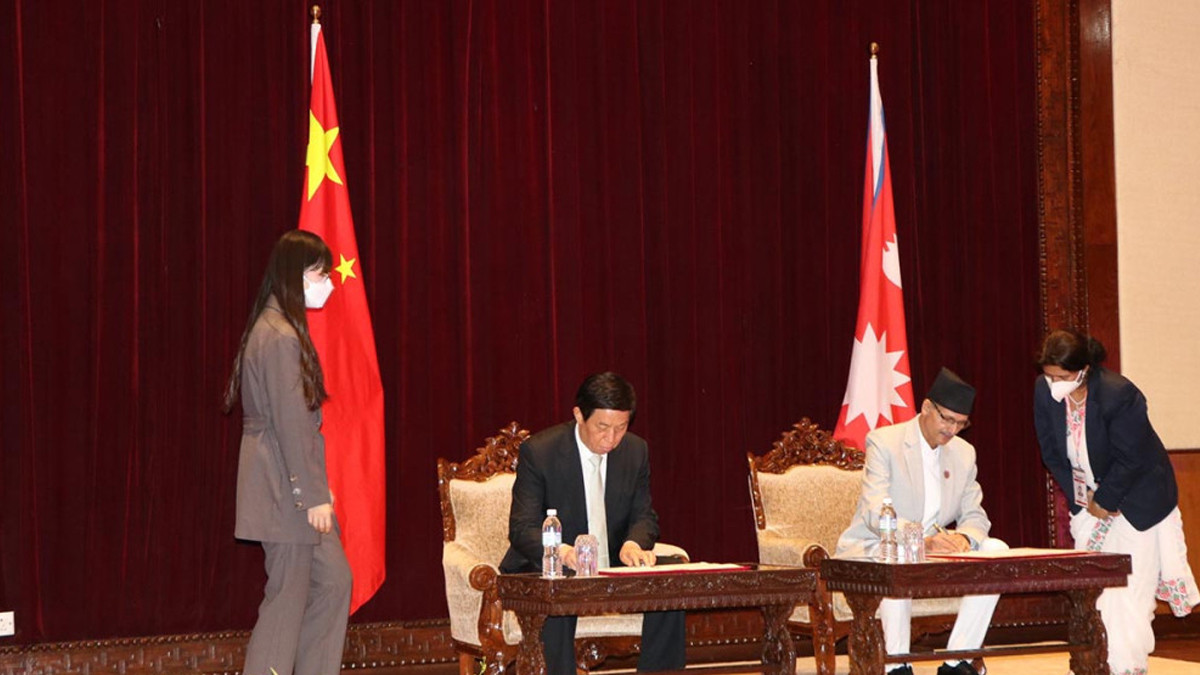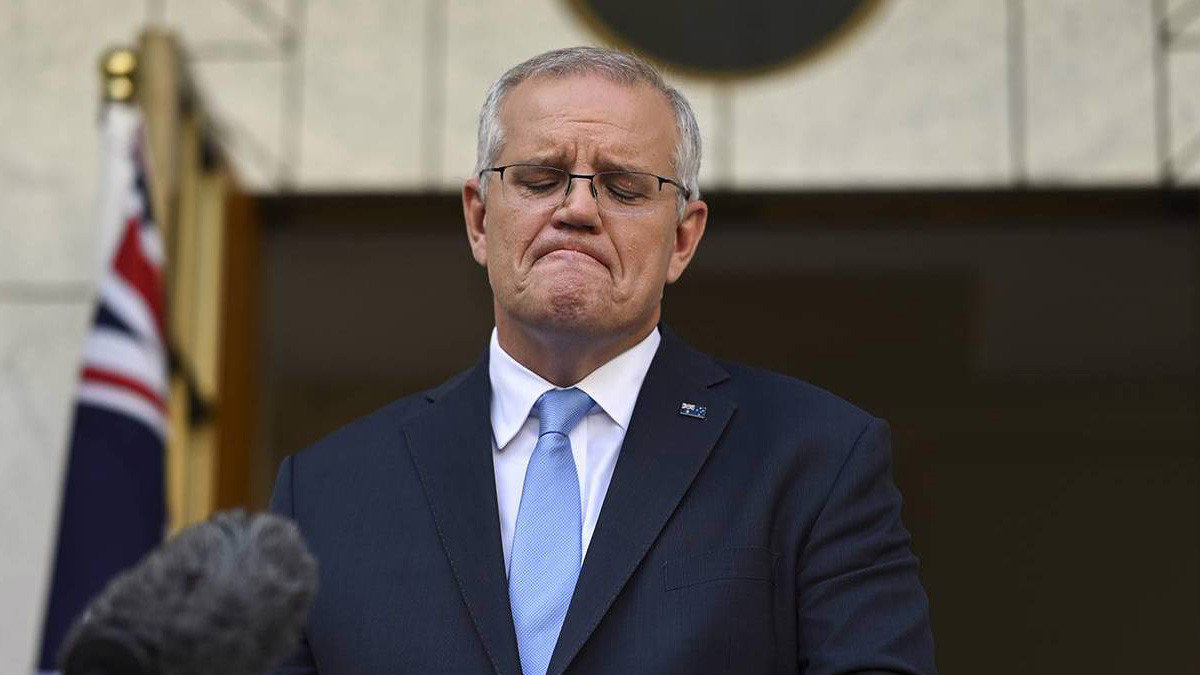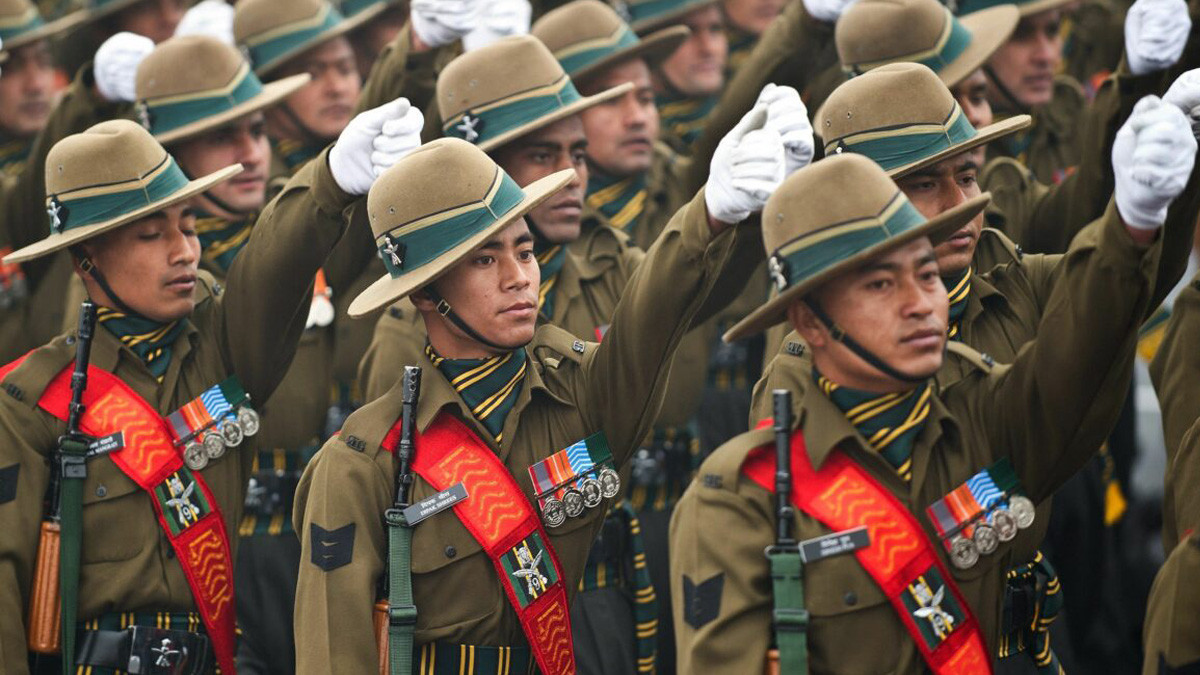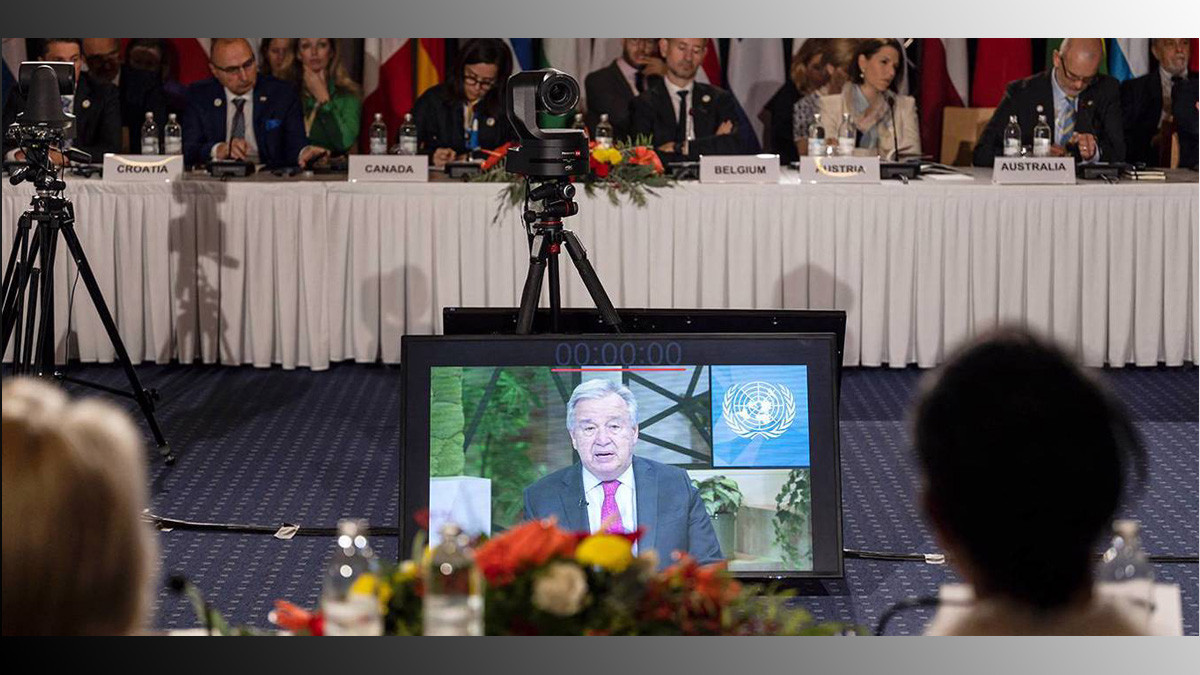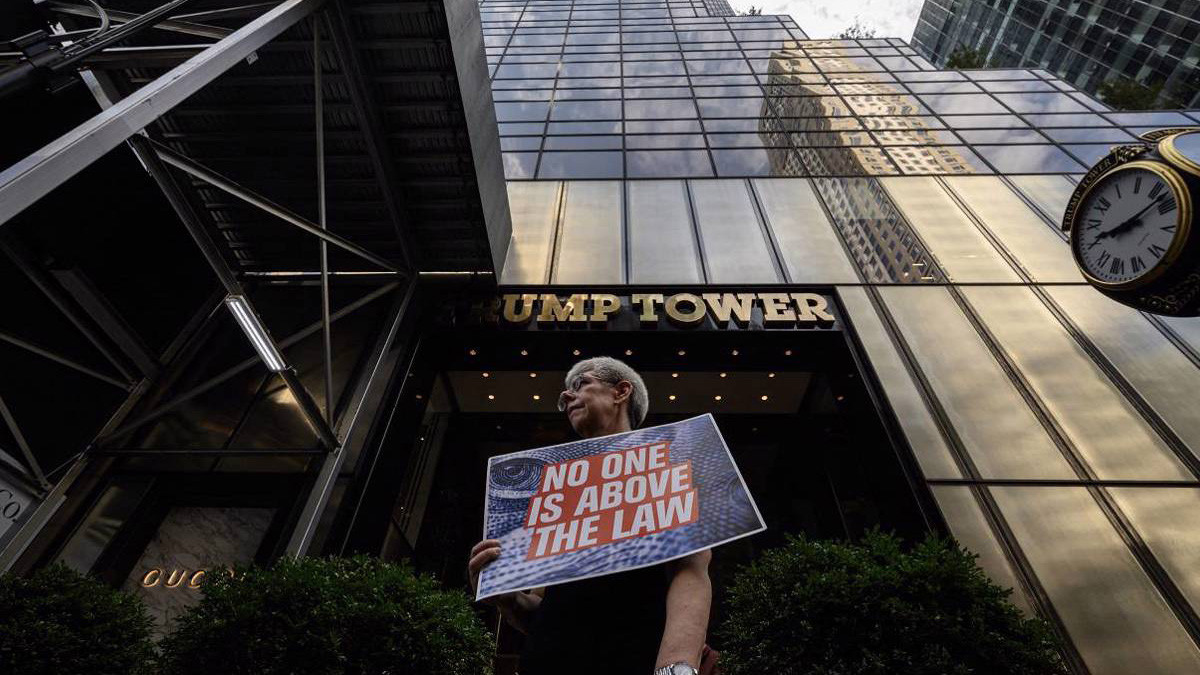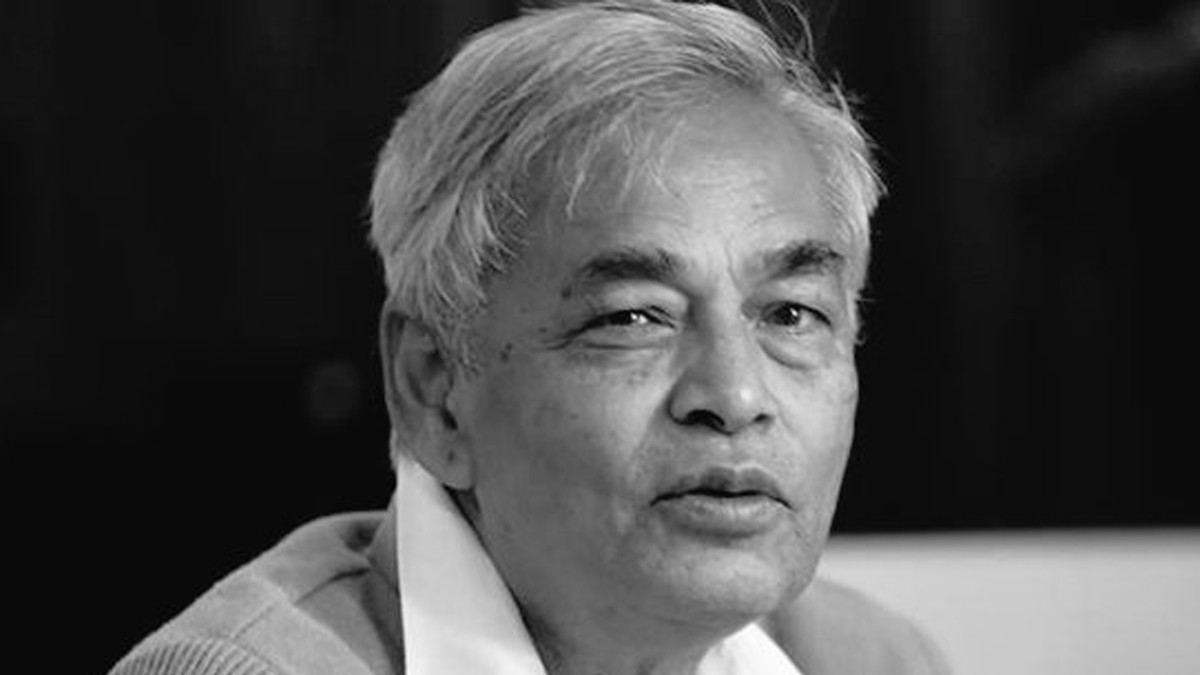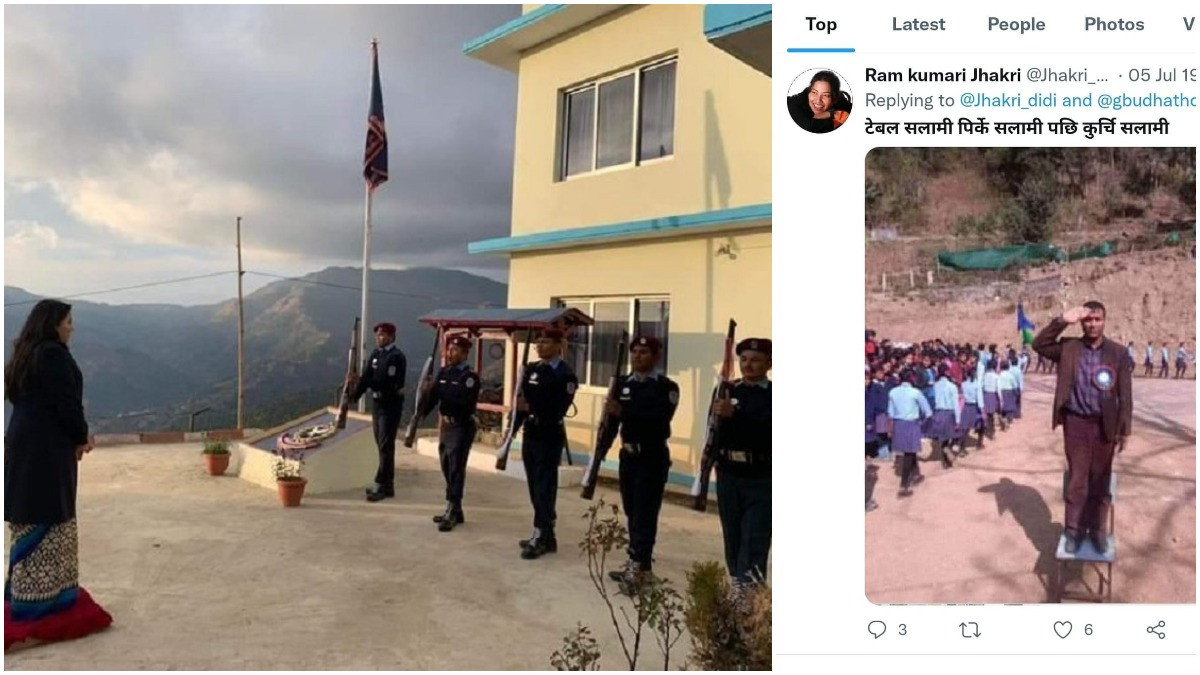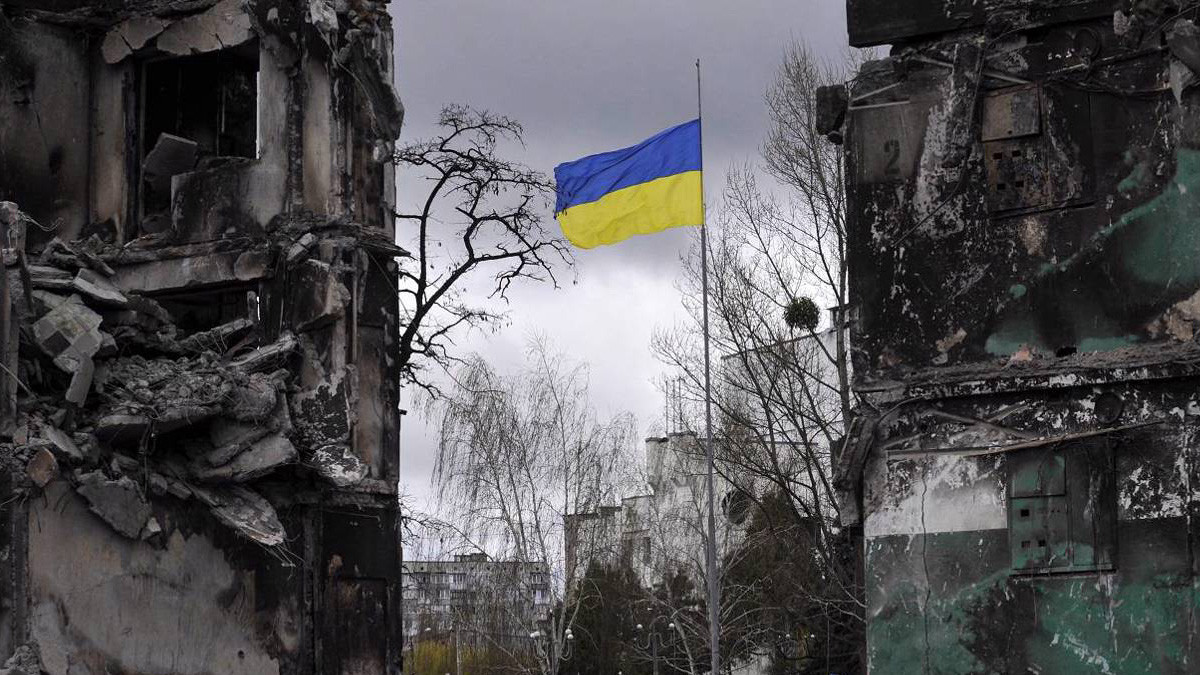 Sergei ChuzavkovSOPA ImagesLightRocket via Getty Images
Sergei ChuzavkovSOPA ImagesLightRocket via Getty Images
KYIV – Since Russian tanks rolled across our borders, I have been spending my nights in a bomb shelter. The rockets keep falling, making it too dangerous to go outside. I have kept my emotions in check, but recently, with the first signs of spring appearing amid the city’s ruins, I found myself in tears.
As the distressing images from Mariupol – including a bombed maternity ward and the rubble of a theater targeted while more than a thousand people were sheltering inside – clearly show, Russian President Vladimir Putin is waging his war against Ukraine with no regard for human rights. He targets civilians with impunity, seeking to spark panic and bully us into surrender. But he has greatly underestimated the Ukrainian people’s spirit. Ordinary citizens as well as soldiers are fighting back harder than the Kremlin ever could have imagined.
The international community, united in horror, has come together in an extraordinary way. Countries have sent us weapons, humanitarian supplies, and medical aid. They have imposed sanctions on Russian financial institutions, cut off technology exports, and barred the country from international organizations.
But all this is still not enough. Russian missiles continue to rain down on our homes, offices, hospitals, and schools, and columns of tanks and armored vehicles grind toward our makeshift barricades. We are barely holding out.
All countries have a duty to stand up against Russia’s aggressive imperialism. The United Nations was founded on the basis of its members’ equality and self-determination, respect for human rights and fundamental freedoms, and the obligation to resolve conflicts peacefully. Today, Russia is trampling on all of these principles, and although the vast majority of UN member states are united in their condemnation, too many are failing to speak up.
In a landmark March 2 UN General Assembly session, 141 of 193 members voted to condemn Russia and call for the immediate withdrawal of its troops from Ukraine. The four countries that stood with Russia – Belarus, Eritrea, North Korea, and Syria – are among the world’s worst dictatorships. But we expected better in our hour of need from the 35 countries that abstained, including China. The abstentions by India and South Africa, fellow democracies that remember the cruelties of imperial rule, were especially painful.
Everything the UN stands for is at stake in Ukraine. If Putin is allowed to succeed, a new world will be born, in which larger states will once again be able to invade their neighbors with impunity. A brief period in human history, when the settled sovereign will of the people served as the basis for government, will end. Neo-imperial revisionist powers will create “spheres of influence” using economic pressure, political capture, disinformation, and military coercion to turn smaller neighbors into vassals. A world that is more open, connected, and safer will give way to one that is more closed, fragmented, and violent.
The long-term costs of navigating such a world would far exceed the short-term costs of providing urgent support to Ukraine now. Aside from requiring vastly increased military spending, the emergence of isolated trade blocs would all but ensure a future of high energy and food prices. And a deluge of disinformation, designed to exploit our open societies and free media, would undermine social cohesion and trust in institutions. We cannot avoid some of these costs, but by using every tool at our disposal to deter Putin now, we can mitigate the worst effects.
It is not only the West that should be worried. The Arab world also has been rocked by Putin’s military aggression. His willingness to raze Syria’s cities to keep President Bashar al-Assad in power destabilized the entire Middle East, unleashed a wave of millions of refugees, and triggered a new arms race between the Sunni Arab states and Iran. Moreover, many of the more than 400 million people worldwide fed by Ukrainian wheat live in the Middle East. Lebanon, already teetering on the edge of chaos, gets 80% of its wheat from Ukraine. The fact that Ukrainian farmers will be unable to export this year’s crop or plant next year’s will send the price of bread in the Middle East skyrocketing.
Africa, too, must take note. Russia’s imperial pretensions toward the continent have led it to use corruption, private military proxies such as the Wagner Group, and even the murder of journalists to prop up kleptocratic, authoritarian regimes in the Central African Republic, Mali, Sudan, and parts of Libya. Young people comprise 77% of Africa’s population. Their quest for an African century will fail if Russia is allowed to use military power to create and support regimes merely to serve its own ends.
There is still a chance for those who have been sitting on the fence to withdraw their tacit support for Russia and join the global condemnation of Putin. But diplomatic support is not enough. We urgently need more help. More than one hundred Ukrainian civil-society leaders, including me, have jointly issued the Kyiv Declaration. The document, endorsed by former world leaders, makes six demands of the international community – including establishing safe zones in Ukraine for civilians, providing immediate military aid such as anti-tank weaponry and air-defense systems, and imposing stronger and more comprehensive sanctions on Russia. All Russian banks must be excluded from the SWIFT international payments system to prevent sanctioned institutions from using unsanctioned banks to evade restrictions.
If the world allows Putin’s aggression to succeed, the consequences will extend far beyond Ukraine. Every country must step up before it is too late.
Oleksandra Matviichuk is Chair of the Board of the Center for Civil Liberties in Kyiv.
Copyright: Project Syndicate, 2022.
www.project-syndicate.org

 Oleksandra Matviichuk
Oleksandra Matviichuk